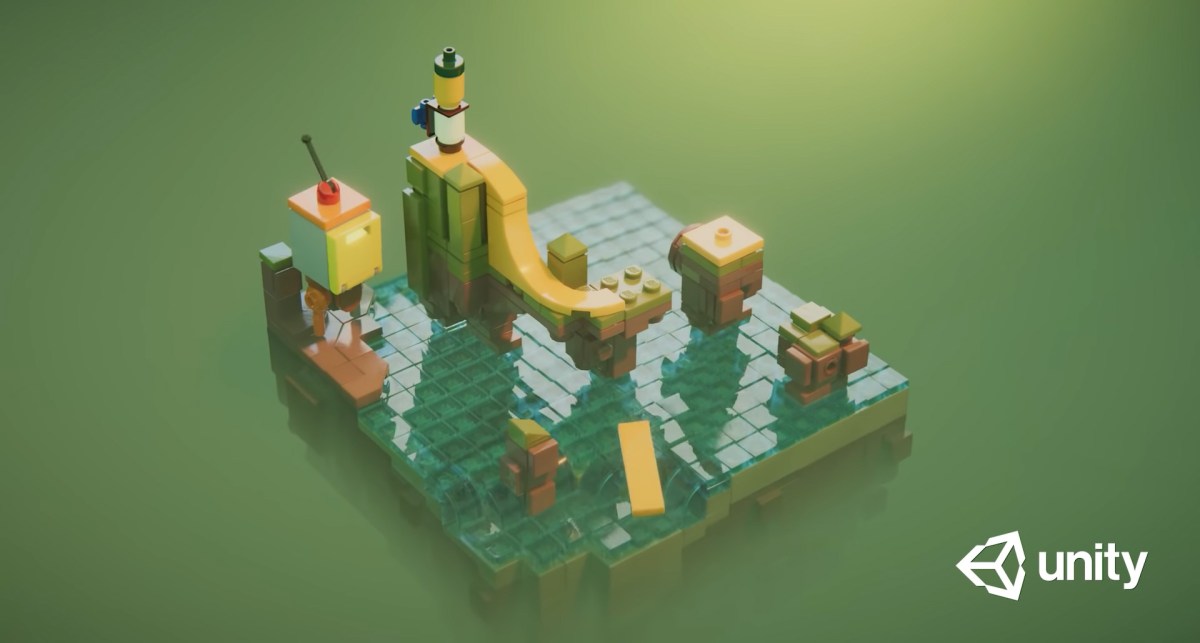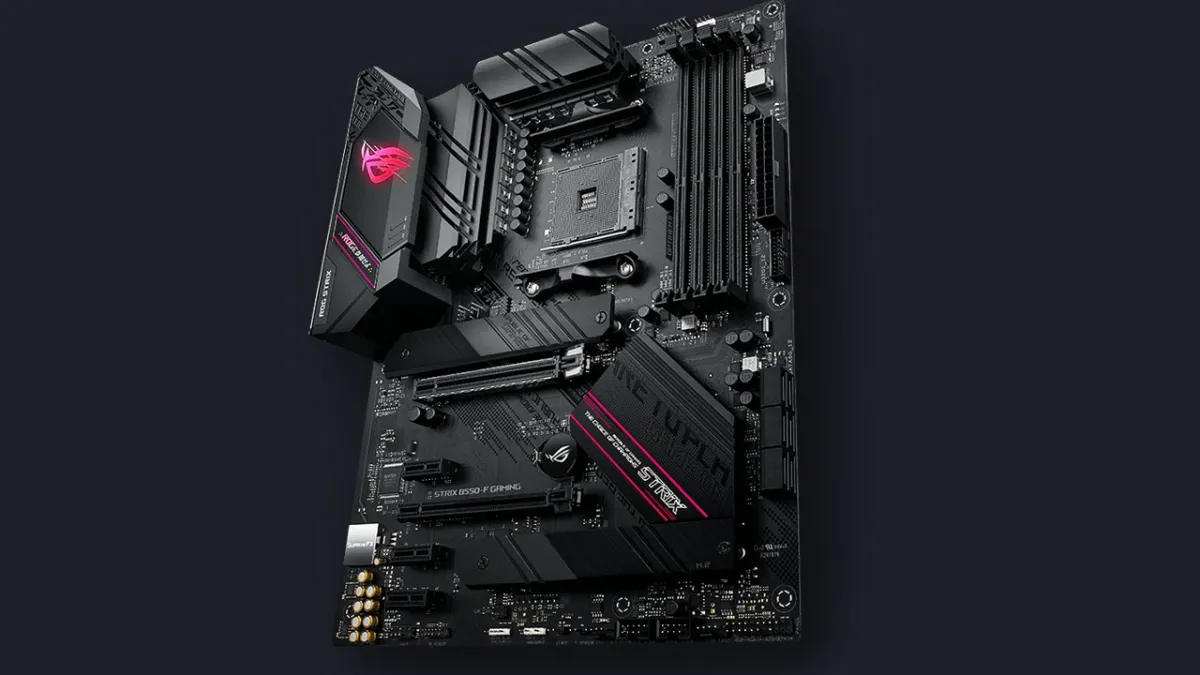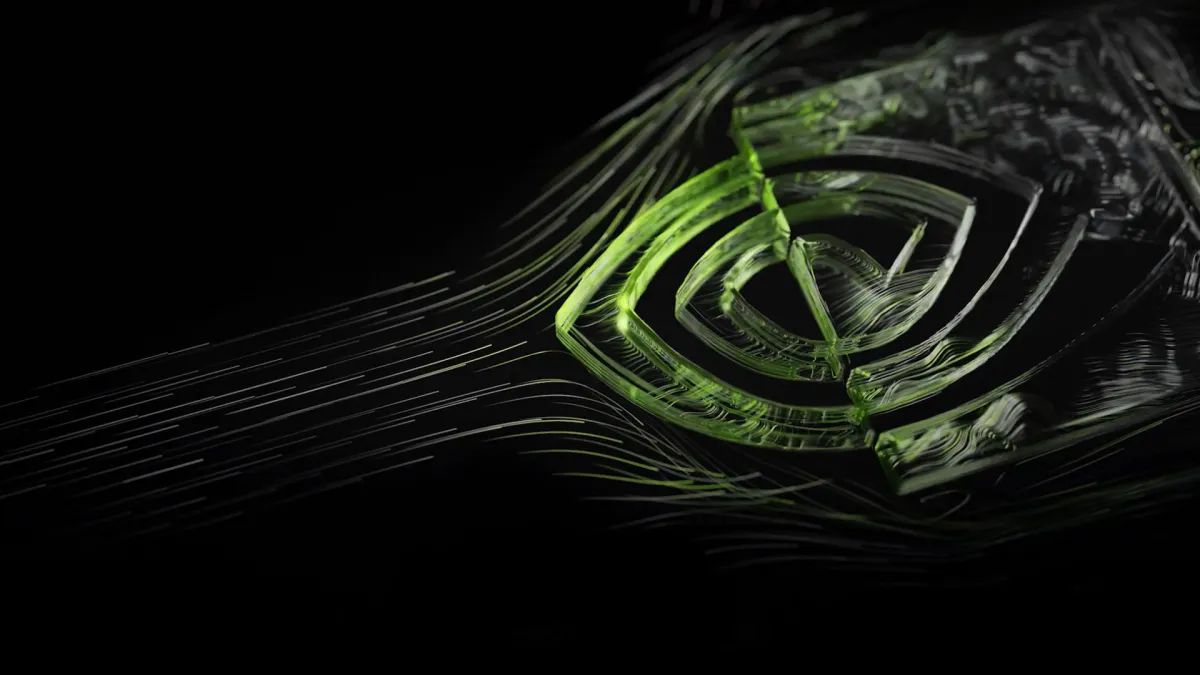Nvidia and Unity Technologies made the exciting announcement today that DLSS will become a native component of the Unity game engine before the end of this year. Mathieu Muller represented Unity Technologies in the announcement video and narrated a short tech showcase on the benefits of DLSS in addition to offering some insight into how it works. More importantly, he went over some details on how developers will be able to actually use it in their games.
For those unfamiliar with the technology, DLSS is a proprietary super sampling technique made by Nvidia. It uses AI to take a lower resolution, aliased (jagged) image and intelligently upscale it to match the native quality of a higher resolution. As an example, DLSS could take a 1440p image and process the image to make it match the quality of a 4K image. In some cases, DLSS can even bring out more detail than a native 4K image.
What’s particularly interesting about this latest news is that Nvidia provided a better explanation of just how DLSS works. The algorithm uses three primary inputs. It takes the current low resolution frame, the motion vectors of the current frame, and the previous high resolution frame to create a high resolution image, all without a performance hit. While the explanation is certainly a massive over-simplification of how things really work, it’s still a little more revealing and understandable.
Cautious optimism
As for how DLSS will work with Unity, Muller promises the engine will allow developers to easily turn the feature on. That’s what Nvidia said about RTX, which didn’t entirely turn out to be true. Or rather, it didn’t turn out to work as intended, despite how easy it may be to turn on. However, Muller’s confidence that Unity will readily work with DLSS is a good sign. He is the product manager, after all.
All in all, this announcement comes as welcome news. Nvidia’s DLSS technology has shared a number of failures and successes to date. Some developers clearly had trouble making it work, as was the case in Final Fantasy XV. On the other side of the coin, Remedy Entertainment showed how it could be done right in Control. Seamless integration on the engine level seems to be the key, and the steps taken by Unity Technologies should allow a lot more developers to have a better experience using DLSS.
Neither Unity Technologies or Nvidia shared an exact date for when DLSS integration will be released in a public build, but the promise is that it will be later this year. The downside to all of this is that many developers will need several years to experiment with the tech before it shows up as a feature in released games. By then, more gamers should have graphics cards that support the feature. Maybe we can actually use ray tracing without killing performance by then as well.





